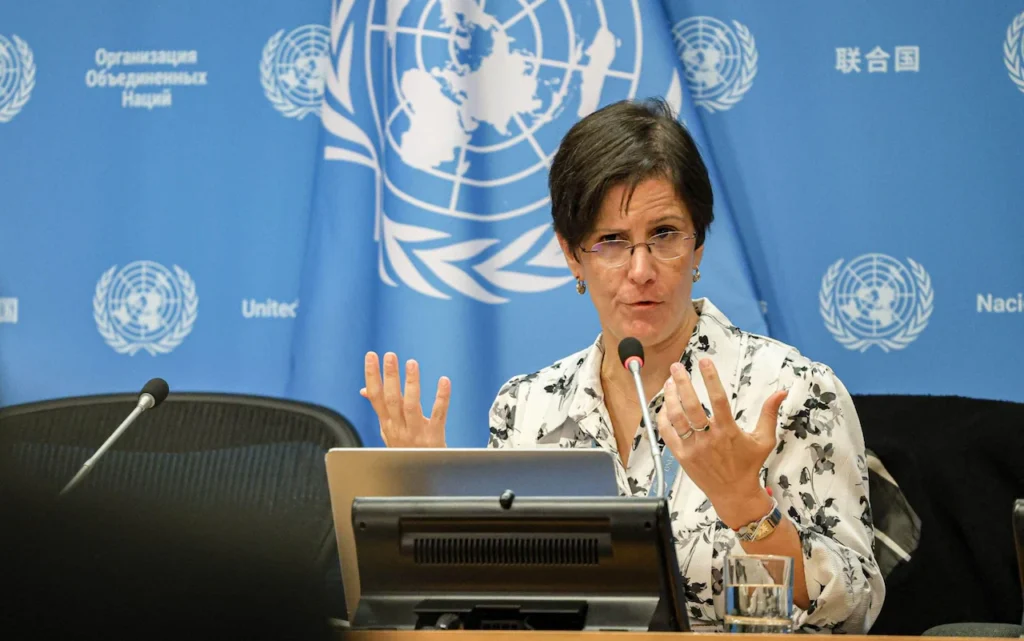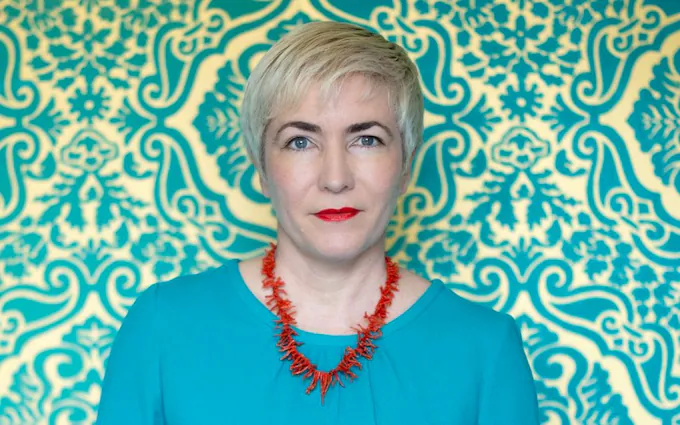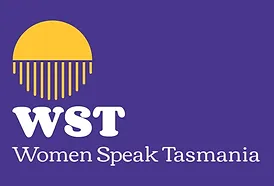Special rapporteur concerned third of British forces still take into account self-identified gender in violence cases against females

Police forces that allow criminals to pick their own gender are the “biggest barrier to ending violence against women and girls”, a United Nations report has found.
Reem Alsalem, the UN special rapporteur for violence against women and girls, said at least a third of British forces were still collecting data on criminals and victims’ self-identified gender rather than their sex.
It has led to a situation in which 49 convictions for rape had been officially listed as female in the decade to 2023, despite the fact they were biological men and the legal definition of rape as only being able to be carried out by men.
She said such an approach “neglects women’s and girls’ specific needs” and increases risks to their safety.
In the report, Ms Alsalem warned that feminist campaigners had been “ostracised, attacked and punished” by British political parties, universities and the media for criticising gender ideology.
She said the UK risked “undoing decades of progress made on combating homophobia” by failing to stand up for lesbians who had been “vilified” for demanding the right to same-sex spaces such as bars and dating apps.
And she demanded that Labour ensured its conversion therapy ban did not criminalise doctors and parents who question whether a child needs to change gender.
Ms Alsalem’s comments, in a report on how the UK fares on the issue of violence against women and girls, come a month after the Supreme Court ruled that sex in the Equality Act means biological sex and not self-declared gender.

In March, a review led by Prof Alice Sullivan, of University College, London, urged Yvette Cooper, the Home Secretary, to issue a mandatory order to all 43 English and Welsh police forces, and the British Transport Police, to collect data by sex, but she has not yet done so.
In her interim report, published on Friday, Ms Alsalem backed that call for action, writing: “The lack of legislative clarity on ‘sex’ hampers data collection on violence against women and girls.
“Police data, while disaggregated by crime and location, often conflates the sex with the gender, for data on victims and perpetrators. The special rapporteur identifies this gap as the biggest barrier to ending VAWG, obscuring trends and intersectional vulnerabilities.”
Ms Alsalem said prioritising self-identified gender erased biological sex records, “distorting the male-driven nature of violence against women and girls” and hindering analysis.
She said allowing violent males to log as female offenders “due to gender identity policies” had led to the situation where there were 49 “female” rape convictions over the decade to 2023 despite the legal definition of rape.
“At least 16 of 46 police forces follow guidance favouring self-identified gender, skewing the very low rate of sexual and gender-based violence crimes committed by females,” she said.
“The conflation of sex and gender related data and the recent elimination of single sex spaces for women undermines crime statistics and VAWG policy effectiveness.
“Sex/gender-blind policies, driven by poor data, neglect women’s and girls’ specific needs, increasing risks in safety and participation and leading to self-exclusion. This is evident in the erosion of single-sex spaces like prisons and shelters for survivors of violence.”
Ms Alsalem called for greater protection for women and girls who do not subscribe to gender ideology.
She said: “Women and girls, as well as their male allies that have wished to reassert their needs and rights based on their sex and that have asserted the immutable nature of sex, have been ostracised, attacked, and punished by state and non-state actors for their beliefs and opinions, including political parties, universities, private employers, the media.
“Several women that lost their jobs because of their views however were vindicated as tribunals confirmed their unfair dismissal or discrimination against them.”
She added that lesbians had “suffered the brunt of this phenomenon” and were “being vilified by some corners in society on account of their same-sex attraction, which risks undoing decades of progress made on combating homophobia”.
She said this was because trans rights activists have said biological men who identify as female can call themselves lesbian, making it harder to ban them from lesbian spaces and dating apps.
However, the Supreme Court ruling made it clear that the term “lesbian” in law refers to a woman who is sexually attracted to other women, and supported their right to a female-only space.
Maya Forstater, chief executive of women’s rights charity Sex Matters, said: “Reem Alsalem’s report for the UN is an important and sobering read. It offers an international perspective on the ideologically motivated institutional failings that have caused so much harm to the rights of women and girls in the UK in recent years.
“The report makes clear that sex-based legal protections are essential to reducing violence against women and girls. This highlights the importance of the recent Supreme Court judgment in the case of For Women Scotland, which restored clarity to the meaning of ‘sex’ in equality and anti-discrimination law.
“The UK government, as well as regulators and charities responsible for the welfare and safeguarding of women and girls, from the Charity Commission to Girlguiding UK, must now bring their policies in line with the Supreme Court judgment without delay.”
Source: The Telegraph
or
https://www.telegraph.co.uk/news/2025/05/30/dont-let-trans-rapists-choose-gender-un-warns-police
